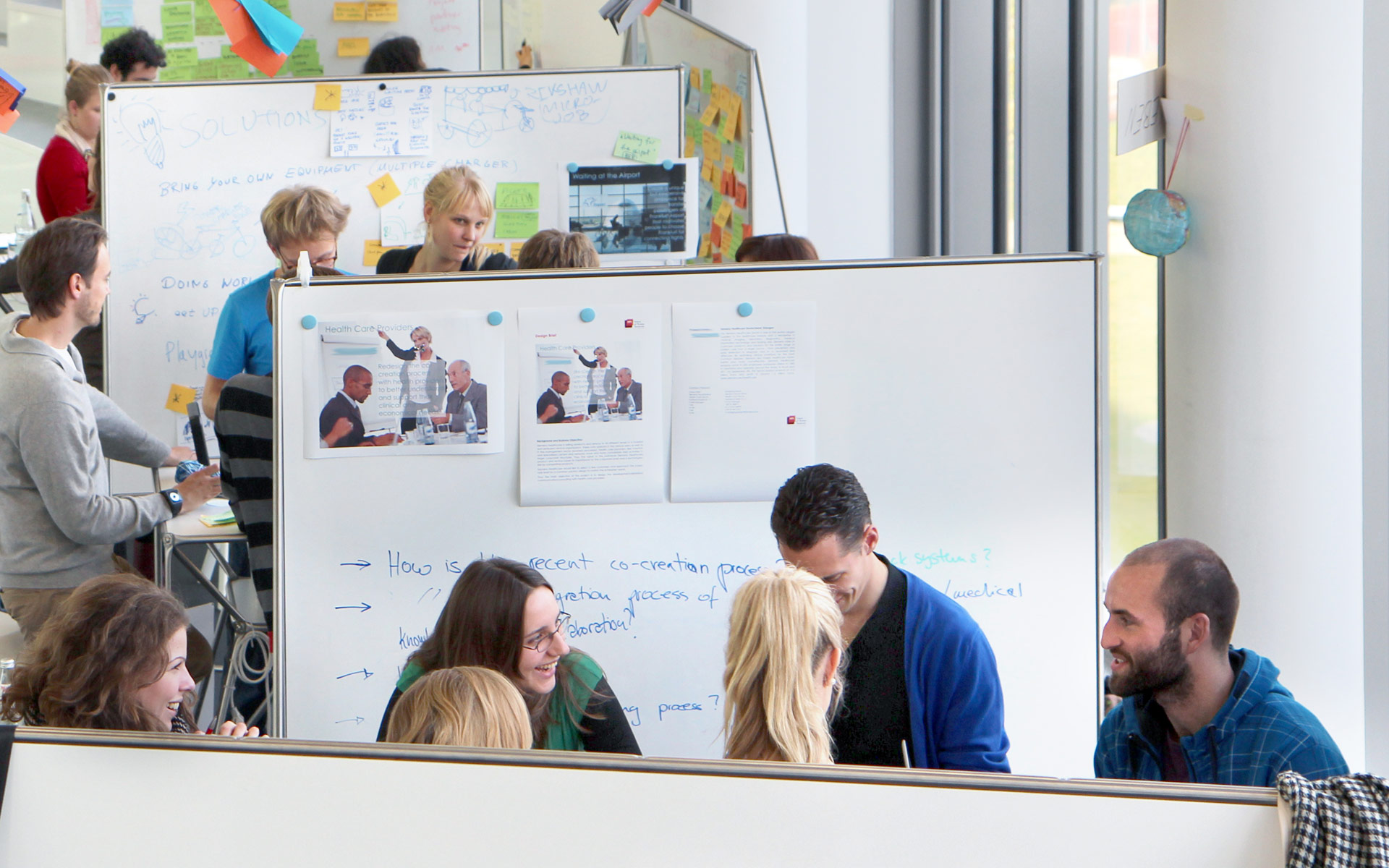PI: Paulo Blikstein
Abstract
The prototyping tools of a rising Maker Movement are enabling the next generation of artists, designers, educators, and engineers to bootstrap from napkin sketch to functional prototype. Novice electronics toolkits commonly use a building block approach where premade software and electronic modules can be quickly combined without requiring knowledge of the internal technical details. One major barrier with existing toolkits is that they rarely contain all of the components a designer may need for physical testing. However, with Computer-Aided Design (CAD) tools, designers can simulate physical ideas in a virtual software environment. We argue that an optimal design approach combines both virtual representations with tangible building blocks to enable designers to quickly modify a design’s sensors and geometry quickly, yet enable one to tangibly experience a physical interaction. We propose a controlled experiment with novice designers to examine the use of a physical electronics prototyping platform with and without an integrated CAD environment. In parallel, we aim to conduct two case studies that explore the use of virtual and physical prototyping in the healthcare and automotive fields. The results of this work will impact design thinking research through enabling designers to tangibly embody electronic design ideas through a modular (physical + virtual) prototyping approach.

